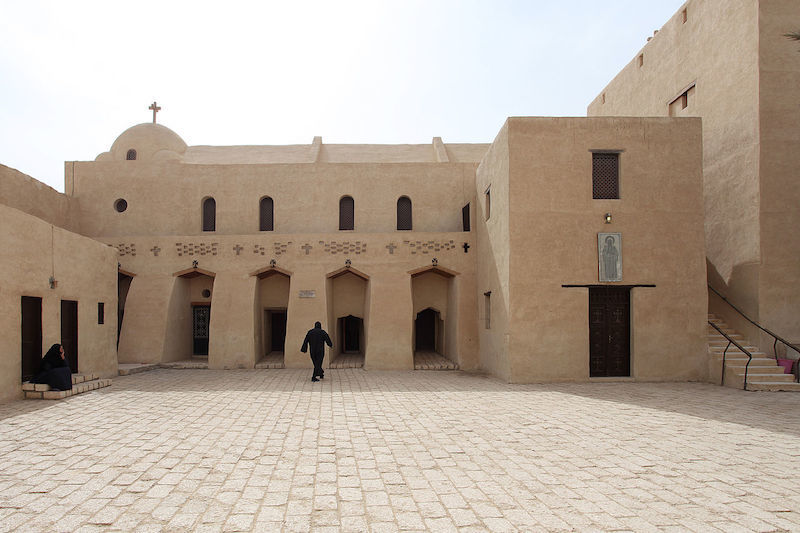
At least 28 Coptic Christians and dozens more were injured when multiple gunmen attacked them on their way to a monastery on Friday.
According to reports, eight to 10 gunmen stopped the bus in which the Coptic Christians were traveling, and forced the passengers to recite the "shahada,' a declaration of the Islamic faith. When they refused, the gunmen started shooting the passengers, taking the lives of at least 28 people and injuring at least 25 more.
Among the victims included children as well as U.S. citizens. The Health Ministry reported that two of the children were two years old.
The Islamic State later claimed responsibility for the attack.
"When they asked each person about it, everybody say no, they shot them in the head," Gerges Morkous, one of the passengers on the bus, told CBS News. "They have no mercy; they shot the mans, children, womans, everybody."
Morkous' nephew, Mohsen Morkous, was a U.S. citizen who was killed in the attack, CBS News reports.
The attack is yet another one out of a string of attacks on Egypt's Coptic Christians that the Islamic State has claimed responsibility for.
Two Coptic churches in Egypt were bombed on Palm Sunday, killing more than 44 people, and two more were bombed last Christmas, killing 24. Since December, more than 100 have been killed in the numerous attacks.
Thousands gathered at the funeral prayer service in Deir al-Jarnous near Minya, the location from which the bus had departed and where several victims of the attack were buried.
"God will avenge us. We will not do anything violent because we are Christians and love is in our hearts," a mourner at the service told Reuters.
The recent attack drew international condemnation, including from activists of human rights and persecution watchdog groups.
William Stark, the regional manager of International Christian Concern, called the attacks over the past several months as "blatant and targeted acts of persecution against Christians."
"Extremist groups, especially ISIS, have declared Christians to be their "favorite prey' and seek to eliminate the Christian minority," said Stark. "The government must be more intentional about protecting vulnerable minorities and punishing the attackers. Continual support for displaced families is vital, whether it is food, housing, or medical care."
Egypt's President Abdel-Fattah el-Sisi declared a three-month-long state of emergency following the Palm Sunday attacks. The Associated Press reports that a security chief of the province at which the Friday attack took place was removed from his position and transferred to a new post.
Hours after the Friday attack, el-Sisi condemned the attack in a speech from his palace, and said that the attack "will not go unanswered."



















